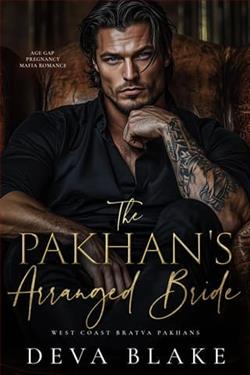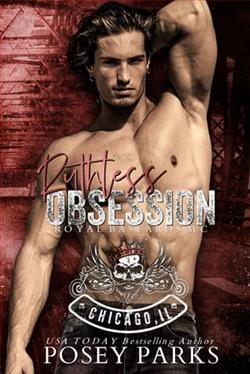Page 13 of A Storybook Wedding
“I am not Angie Thomas,” she says.
“No, you’re not. But you’re Cecily Joan Allerton, and if you don’t believe that your characters are the most important thing in the world, then nobody will.”
“It’s Jane.”
“What?”
“Cecily Jane Allerton.”
“Oh. My bad. How about if I just call you CJ?”
“I would prefer if you called me Cecily.”
“Too late. It’s already done. You’re CJ now.”
She knits her eyebrows together. “You’re maddening,” she mutters.
“Fight me on it then,” I say.
“I have no energy for that. I’ve been puking for the past five hours, thank you very much.”
“Fine. You get a pass for illness. A proverbial doctor’s note, if you will. But you’re missing my point.”
“Which is?”
“You need to live so deeply inside your character’s head that you share her spirit. You feel her passion. If she’s hurt, you’re hurt, and it spills out onto the page like an overflowing bathtub. Go deep. Like, so deep that you can’t even find your way back out again. That’s where the best writing lives.”
She cocks her head quizzically but stays silent. The uncomfortable beat lasts a moment too long.
“What?” I ask. “Why are you looking at me like that?”
“Is that what you did?”
“What do you mean?”
“Well, you won a PEN Award for your novel. So I’m asking if that’s what you did when you wrote it.”
“I guess, yeah.”
“How?”
“How what?”
“How did you do it?” she wonders aloud.
I take a deep breath. “The story was inspired by my grandfather. He had just died when I really took up the task of writing it. I don’t know, I felt some sort of way about that and wanted to pay tribute to him.”
“I’m sorry,” she says. “For your loss.”
“It was a long time ago,” I reply. “But thank you.”
She nods quietly.
“But that had nothing to do with the award I got,” I add.
“Hm?”
“That part was really just luck.”















